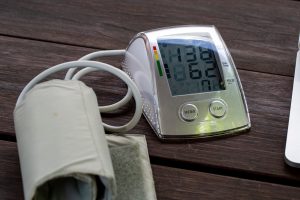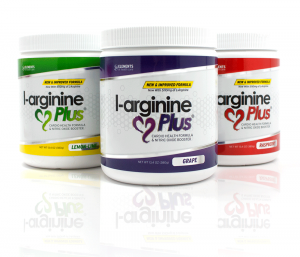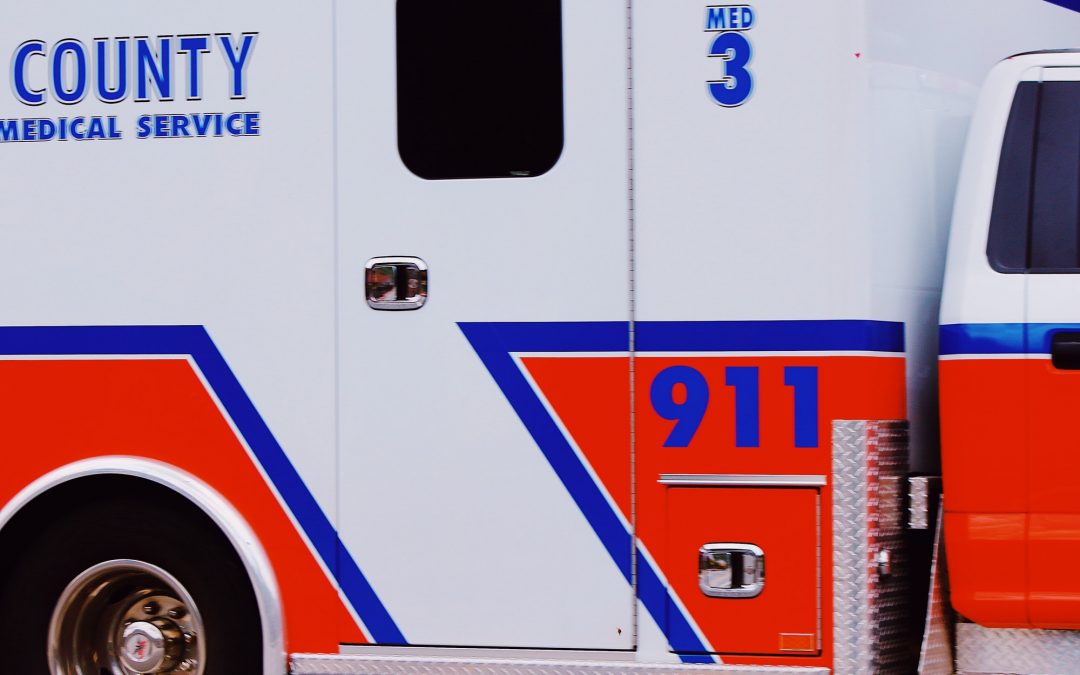If you’re wondering when to see a doctor for high blood pressure, the simple answer is today. Learn about managing your blood pressure.
One of the reasons high blood pressure (or hypertension) is called the “silent killer” is because of its lack of symptoms. If you don’t treat hypertension, it can lead to congestive heart failure, heart attack, stroke, and even kidney disease.
While your doctor can generally answer your questions during regular visits, certain situations may warrant a speedier response. For example, if your treatment is not working, talk with your doctor about changing your medications and treatment plan.
However, if you experience nausea, headaches, shortness of breath, lightheadedness, confusion, vision problems, and irregular heartbeats, you need immediate attention. Some of these symptoms may be due to a hypertensive crisis or side effects from a medication.
Understanding Blood Pressure Numbers
 Blood pressure readings consist of two numbers: systolic (SBP) and diastolic (DBP). SBP is the top number and DBP is the bottom number, so a reading of 120/80 means you have an SBP of 120 and a DBP of 80.
Blood pressure readings consist of two numbers: systolic (SBP) and diastolic (DBP). SBP is the top number and DBP is the bottom number, so a reading of 120/80 means you have an SBP of 120 and a DBP of 80.
According to the American Heart Association’s guidelines, there are five categories:
- Normal: Less than 120 SBP and 80 DBP
- Elevated: 120-129 SBP and less than 80 DBP
- Hypertension Stage 1: 130-139 SBP or 80-89 DBP
- Hypertension Stage 2: 140 or higher SBP or 90 or higher DBP
- Hypertensive Crisis: higher than 180 SBP and/or higher than 120 DBP
Different factors can affect your blood pressure numbers including stress, exercise, and sleeping. Moreover, certain medications can also cause a spike in your blood pressure such as cold remedies and asthma medicines.
Conversely, low blood pressure readings may be due to medicines, infections, and severe allergic reactions. Dehydration can also lead to low blood pressure as the body loses too much fluid.
Getting Help
If your reading is consistently too high or too low, then it’s time to get help – either to make a treatment or get urgent help. If you are losing consciousness or experiencing an emergency, it’s time to call 911.
Seek immediate medical care if your blood pressure is much higher than normal and/or you have symptoms such as blurry vision or a severe headache. Also, contact your doctor if you have side effects from your medicine or either number is at least 2 times higher than recommended.
 Improving Blood Pressure
Improving Blood Pressure
While medications are necessary in certain cases, making lifestyle changes can also help improve your blood pressure. Exercising regularly, eating healthily, and taking heart supplements like L-arginine Plus can make a big difference.
The latter has ingredients that promote nitric oxide production, a natural compound that improves circulation. As you work to improve your blood pressure levels, try L-arginine Plus along with exercise and dieting to make some necessary changes in your life.

